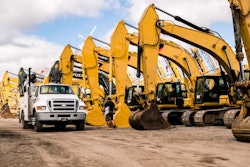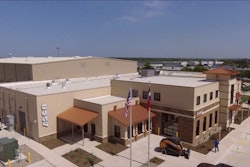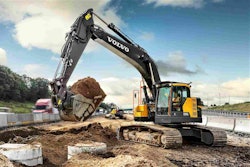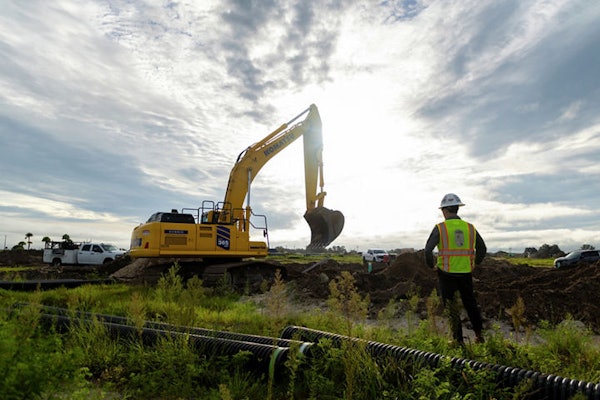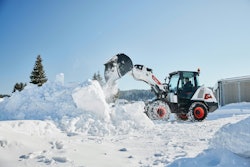Case dealer ASCO opens flagship location in San Antonio
Case Construction Equipment dealer ASCO Equipment Company has opened up what is now its largest location to serve the growing San Antonio and central Texas markets.
Located on 62 acres at 1920 SE Loop 410 in San Antonio, the new location will serve as ASCO’s flagship store, offering equipment sales, parts, service and training support inside a 42,600-square-foot facility.
To read more, click here.
Perkins acquires IHI Agri-Tech shares of JV for 400 Series engines
Twenty-three years after initiating a joint venture, Perkins Engines has agreed to buy out IHI Agri-Tech’s (IAT) remaining shares in the venture.
The JV between the two companies has resulted in more than 1 million Perkins 400 Series off-road engines being sold around the world and manufactured in the United Kingdom, the United States, China and Japan. The Perkins 400 Series engines range in size from 0.5 to 2.2 liters.
To read more, click here.
Komatsu Mining expands Milwaukee presence with South Harbor Campus
Komatsu Mining says it will continue its nearly 135-year heritage in the Milwaukee area by building a $285 million, 2.5-million-square-foot South Harbor Campus, located in the city’s Harbor District. The facility is expected to employ nearly 1,000 people within 12 years.
“The new campus provides us opportunity for advancement in state-of-the-art facilities on a global scale,” says Jeff Dawes, president and CEO, Komatsu Mining. Komatsu says the move reinforces its commitment to Milwaukee as “a large machining, heavy fabrication and engineering center of excellence for P&H mining shovels and drills.”
To read more, click here.
JCB to double production of high-speed Army backhoes with $73M contract extension
Just weeks after celebrating the production of the 1,000th High-Mobility Engineer Excavator at its North American headquarters in Savannah, Georgia, JCB and the U.S. Department of Defense have announced plans to extend their partnership well into the next decade.
As we described in our recent report on the history of the development of this machine, the HMEE (pronounced HIM-EE) was borne out of the U.S. Army’s desire to replace the Small Emplacement Excavator, a truck-mounted excavator with a bad reputation among solider operators, with a capable backhoe that could get quickly get in and out of rugged battlefield positions without having to be hauled there. The Army awarded JCB the initial $209 million contract in 2005 to build such a machine, a contract that funded the production of 636 HMEEs.
The resulting 17.5-ton machines can reach speeds up to 60 miles per hour. Powered by a Cummins 6.7-liter QSB engine, the HMEE can lift up to 2 tons and has a dig depth of 13 feet.
To read more, click here.
Lawsuit alleging Cat tax scheme misled shareholders dismissed
On Wednesday a judge dismissed a lawsuit brought on behalf of shareholders against Caterpillar tied to tax evasion penalties brought earlier this year by the federal government.
According to a report from Reuters, U.S. District Judge Sharon Johnson Coleman in Chicago dismissed the suit, brought by plaintiffs led by Société Générale Securities Services, alleging that Cat misled shareholders about the risks it took in an alleged tax scheme.
In February, Cat was hit with $2.3 billion in back taxes and penalties as the result of Internal Revenue Service audits of its 2007-2012 tax returns, including a loss carryback to 2005. The penalties came nearly one year after three of the company’s Illinois-based facilities were raided by federal agencies. In the raids, law enforcement officials seized documents and electronics records as part of an investigation into the company’s tax strategy.
To read more, click here.





